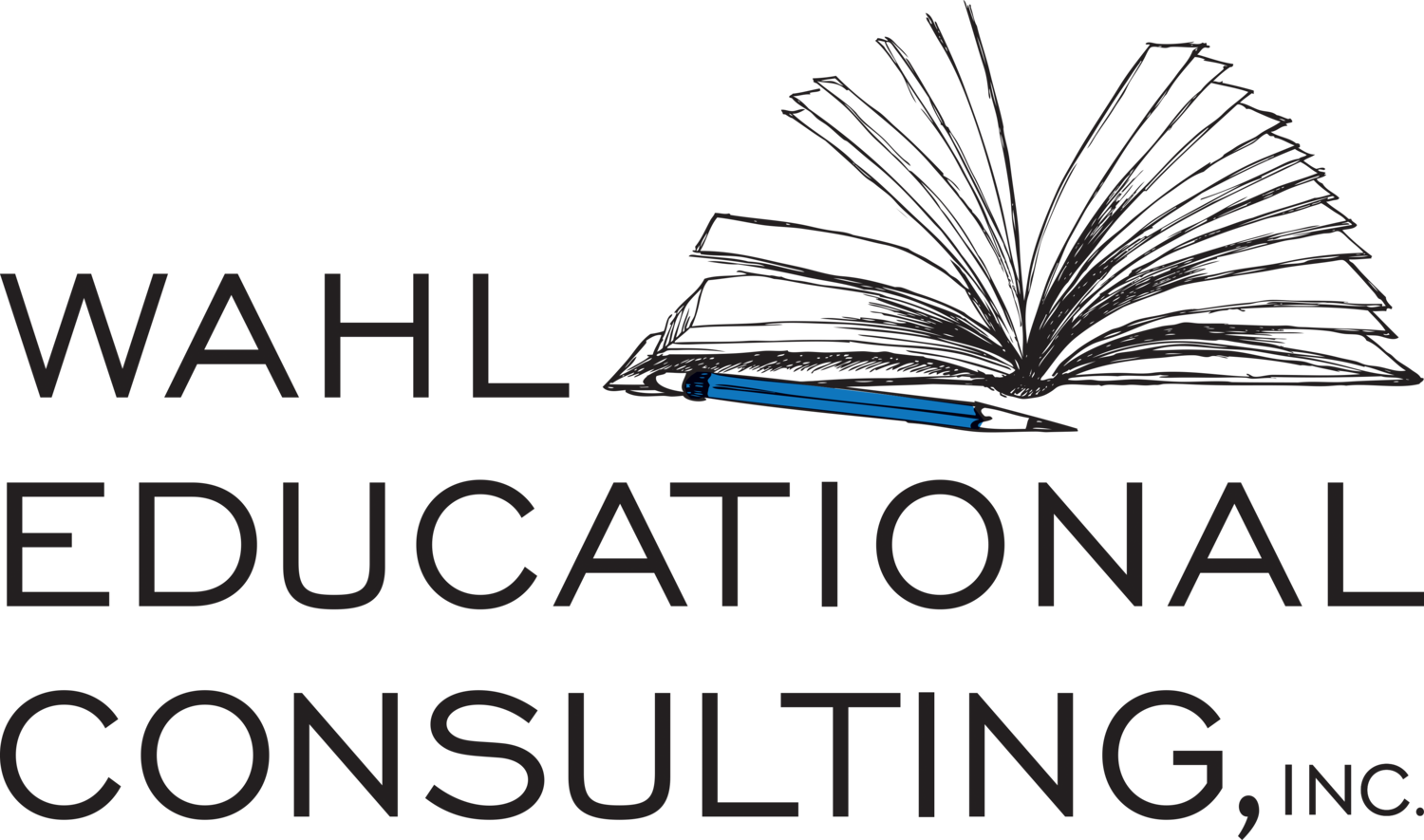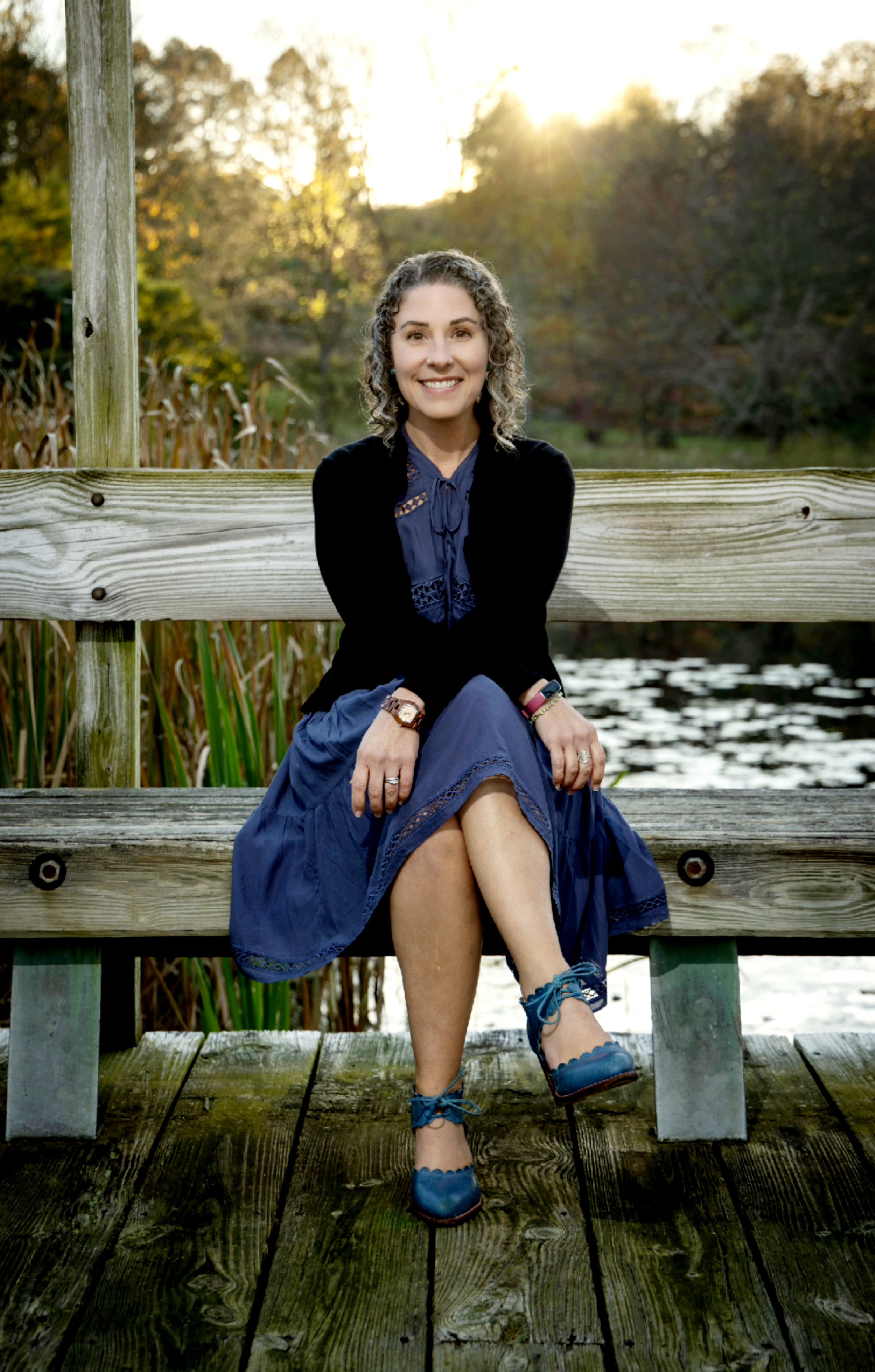b i o & b e l i e f s
I have over twenty-five years of experience as an educator, specializing in PreK-12 professional learning in leadership, coaching, and culturally responsive literacy instruction. I support leaders, coaches, and teachers in aligning their beliefs and practices with research while using data to inform their planning decisions. I strongly advocate for play and inquiry-based learning that amplifies student voice and engagement.
I am the creator, producer, editor, and host of Schoolutions: Coaching & Teaching Strategies - the podcast where education extends beyond the classroom! My guests and I explore how coaches, teachers, administrators, and families collaborate to create engaging learning environments and ensure every student’s success.
I am honored to serve and provide quality professional learning experiences grounded in high-impact teaching practices and cultivating strong learning communities. Evidence supporting our work can be seen live with students in learning labs, analysis of student work, and planning for learning experiences. My work with Superintendents, Principals, Coaches, Teachers, and Students across the country entails designing and implementing curricula to tailor instruction based on content students understand and what they need next to thrive independently.
My beliefs about learning with students, practices that reflect my beliefs, and the research that has my back:
Because every student should feel safe to be their authentic selves, they will have agency and autonomy over their time, task, and text choices with teachers supporting them in various roles.
Because relationships are critical to growth and risk-taking, in practice, you will see and hear students engaged and connecting with each other, their teachers, and their curricula.
Because learning is driven by curiosity, students will explore topics through play and inquiry that enhances their voice and opportunities to see their impact on the world around them.
Because students must practice what they are learning, they will have 67 minutes to read, 60 minutes to write, and 60 minutes to problem-solve daily within a workshop structure.
Because being literate offers access to the world, elementary students will each receive systematic direct phonics instruction based on the amount and type needed to read and write independently.
Because a well-planned curriculum directly impacts high student engagement, students will have clarity about how their day-to-day learning connects with long-term targets and big ideas about life.
Because learning is an ongoing process, students will make thoughtful choices daily, assessing their learning through regular descriptive feedback, reflection, and goal setting to grow as learners.
Because I believe in collective efficacy and that we grow smarter together, you will see and hear students studying and analyzing mentor texts alongside models of strong and weak work.
Because listening to others’ stories can cause change and inspire, students will have time to connect with other students worldwide, learning from one another’s lives.
Click (here) to read My beliefs & practices when it comes to learning with TEachers…
My beliefs and aligned practices are grounded in research from:
Choice Words by Peter Johnston (Heinemann, 2004)
Daniel H. Pink’s work around Autonomy, Mastery, and Purpose from Drive (Riverhead Books, 2009)
Transformational Literacy by Ron Berger, Libby Woodfin, Suzanne Plaut, and Cheryl Dobbertin (Jossey-Bass, 2014) p. 92 Figure 3.1: Planning with the Four Ts: Topic, Task, Targets, Text
Learning Personalized: The Evolution of the Contemporary Classroom by Allison Zmuda, Greg Curtis & Diane Ullman (Jossey-Bass, 2015)
Samantha (Sam) Bennett’s Circles of Engagement within Why Do I Have to Read This: Literacy Strategies to Engage Our Most Reluctant Students by Cris Tovani (Stenhouse Publishers, 2021)
Choice Time: How to Deepen Learning Through Inquiry and Play, PreK-2 by Renée Dinnerstein (Heinemann, 2016)
Samantha (Sam) Bennett’s Workshop as a Time-Based Structure within Reading with Meaning, Second Edition: Teaching Comprehension in the Primary Grades by Debbie Miller (Stenhouse Publishers, 2012)
That Workshop Book: New Systems and Structures for Classrooms That Read, Write and Think by Sam Bennett (Heinemann, 2007)
How to End the Reading War and Serve the Literacy Needs of All Students: A Primer for Parents, Policy Makers, and People Who Care 2nd Edition by P. L. Thomas (Information Age Publishing Inc., 2022)
A Fresh Look at Phonics, Grades K-2: Common Causes of Failure and 7 Ingredients for Success by Wiley Blevins (Corwin Literacy, 2016)
Equipped for Reading Success by David Kilpatrick (Casey & Kirsch Publishers-2016)
Leaders of Their Own Learning: Transforming Schools Through Student-Engaged Assessment by Ron Berger, Leah Rugen, and Libby Woodfin (Jossey-Bass, 2014)
Rick Stiggins’s From Formative Assessment to Assessment FOR Learning: A Path to Success in Standards-Based Schools, Phi Delta Kappan, Vol. 87, No. 04, December 2005, p. 324-328
From Visible Learning and the Science of How We Learn by John Hattie and Gregory Yates (meta-analysis/literature review)
The Power of Collective Efficacy: When teams of educators believe they have the ability to make a difference, exciting things can happen in a school by Jenni Donohoo, John Hattie, Rachel Eells March 1, 2018, •9 min •Vol. 75•No. 6 *based on (Bandura, 1997, p. 477)
Spark Change: Making Your Mark in a Digital World by Olivia Van Ledtje and Cynthia Merrill (ISTE, 2019)

